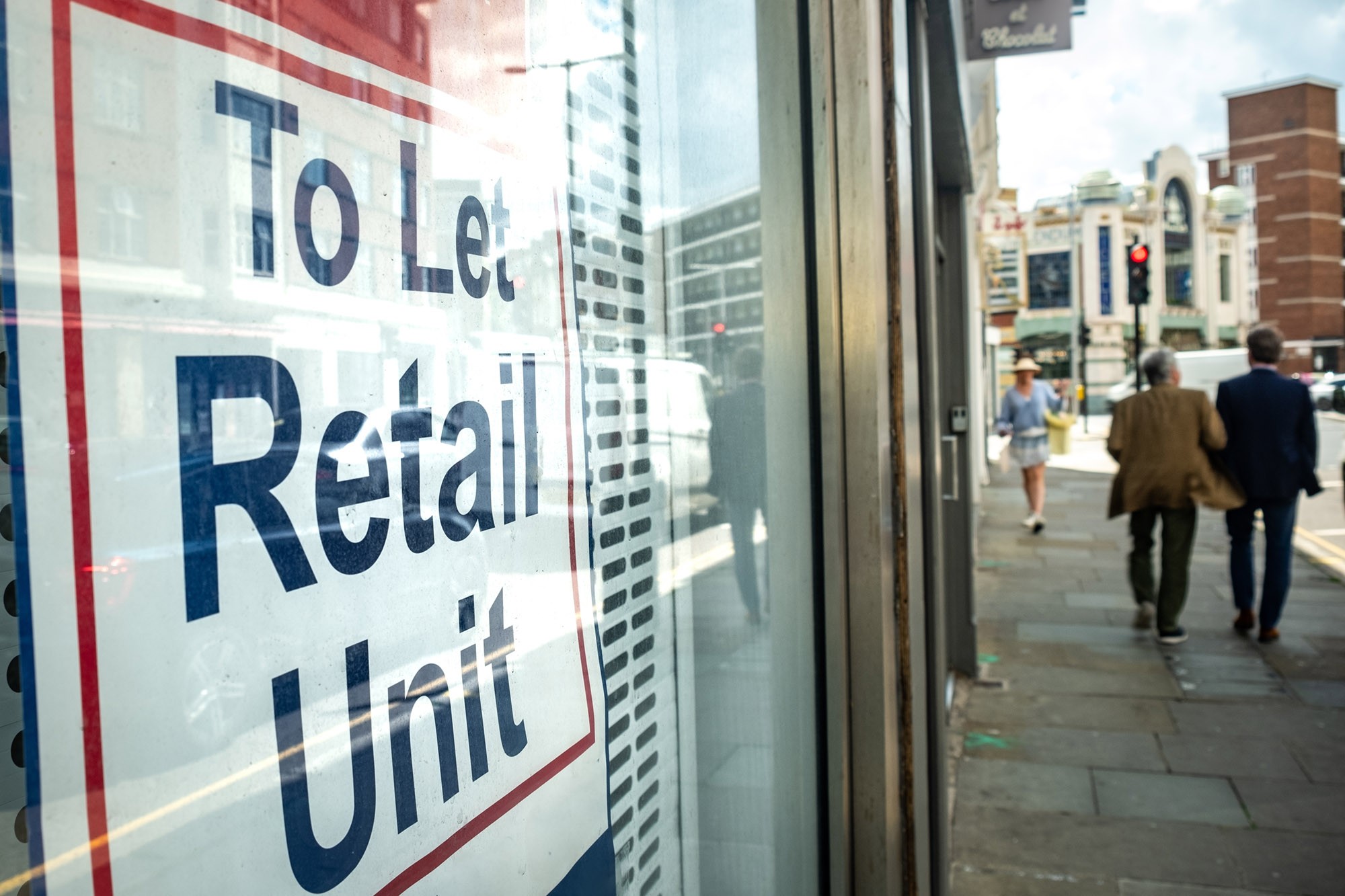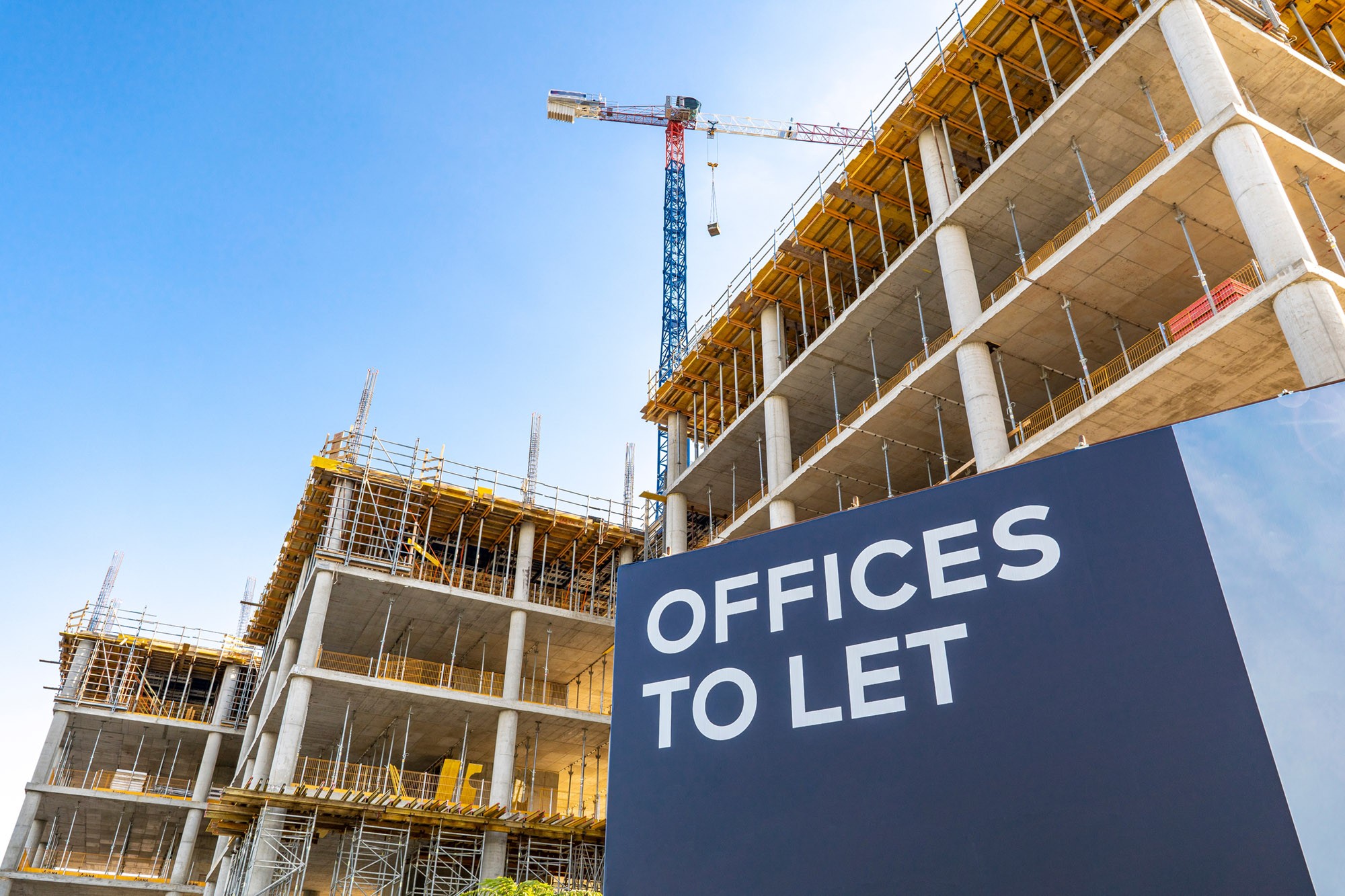
Understanding the ins and outs of commercial lets can be a bit intimidating, especially for those new to the market. With a myriad of options and legalities to consider, it's essential you're fully equipped with the right knowledge to make informed decisions. Whether we're looking for office space, retail units, or industrial premises, understanding the nuances of commercial property can save us time, money, and stress.
In this comprehensive guide, we'll delve into the key aspects of commercial lets, from finding the perfect location to negotiating lease terms. By breaking down the process step-by-step, we aim to simplify the complexities and empower us to secure the best possible deal for our business needs.
Commercial lets refer to properties rented for business activities, contrasting with residential lets, and can include pubs and other large venues. They include a variety of property types designed to support diverse business needs.
Commercial lets differ from residential lets in several important ways. While residential lets focus on providing living spaces, commercial lets include properties like offices, warehouses, and retail spaces. The lease terms for commercial properties are usually more complex and longer, with additional considerations such as business rates and maintenance obligations.
Commercial lets encompass a wide range of property types, each tailored to specific business functions. These include retail properties like shops and high street stores, offices, industrial properties such as warehouses, and specialised properties like hotels and restaurants. Our commercial property search can help clients find the right commercial space for their needs.
Selecting a commercial let involves several crucial factors that can significantly affect business operations and success. We'll examine key considerations under three primary subheadings.
Location is likely one of the most critical factors influencing a business's success. A prime location can increase visibility and foot traffic, while a less favourable one might limit customer reach. Some experts believe properties in areas like central London provide unparalleled exposure but come at a higher cost. Depending on the business type, proximity to suppliers and customers can make a significant difference. Research suggests that industries like retail and hospitality benefit more from high-footfall locations, especially when considering the size of the space.
Lease terms can greatly impact operational flexibility and costs, especially for businesses looking at commercial properties to rent. Long-term leases may offer stability, but they might lock you into terms that could become unfavourable as market conditions change. There is debate about whether short-term leases provide enough stability for new businesses. Terms regarding rent adjustments, maintenance, and property use should be examined carefully. Experts highlight the importance of understanding lease clauses related to break options, which can allow for early termination under specific conditions.
The financial impact of a commercial let extends beyond monthly rent. Business rates, maintenance costs, and utility expenses can accumulate. For example, renting office space in London might involve higher initial costs but could offer long-term business growth benefits. Some ongoing research investigates the benefits of flexible office spaces versus traditional leases. When investing in the right premises you should consider all associated expenses to avoid unforeseen financial strains. Exploring cost-effective solutions like serviced offices could also be beneficial.

Understanding the various types of commercial tenancy agreements can guide us in choosing the most suitable option for our business. These agreements likely differ based on property types, such as office spaces, industrial warehouses, and retail shops, including high street locations.
An FRI lease requires us to handle both repairs and insurance of the premises. This type might be common in larger properties, given the tenant's responsibility for upkeep and insurance. Ongoing research suggests that FRI leases create transparent costs and are favourable to landlords.
An IRI lease makes us liable for internal repairs while the landlord manages external maintenance and building insurance. This agreement might appeal to smaller businesses or those just starting, as it reduces some maintenance burdens while allowing for future acquisition of larger spaces. Some experts believe this type provides a balanced cost-sharing structure.
A fully serviced lease may include property management services, utilities, and maintenance. Typically found in serviced office spaces, this type of lease can offer convenience, particularly for businesses seeking flexibility.
Short-term leases, sometimes called flexible leases, offer us a shorter commitment period, which can be beneficial for investors exploring new opportunities. They can be ideal for startups or businesses testing new markets. Although probably costlier per month, the flexibility to exit or expand the lease is a significant advantage. There is ongoing research into how such leases influence long-term business stability.
Shared workspace agreements allow multiple businesses to share an open-plan office or coworking space. While this may reduce costs and foster networking, some might find the shared environment distracting. Studies indicate a trend towards shared workspaces, especially in urban centres like London.
When exploring commercial property options, it’s crucial to understand these lease types to make an informed decision. Each offers different levels of responsibility, cost, and flexibility, which can impact our business operations and financial planning, particularly in relation to the size of the property.
Negotiating a commercial tenancy agreement can probably seem daunting due to the complexity of the terms involved. By focusing on key elements, clearly communicating with landlords, and avoiding common pitfalls, we can likely secure favourable terms.
Several terms likely merit thorough discussion during negotiations. Key areas include rent (base rent and rent reviews), lease length, break clauses, and property repair responsibilities. Some experts suggest prioritising flexibility, like including a break clause, to adapt to changing business needs. Other important terms are likely service charges and tenant improvement allowances, impacting overall costs.
Clear and effective communication probably enhances negotiation outcomes. It helps to prepare a detailed list of requirements, including preferred lease length, desired rent, and specific property modifications. Some experts believe it's beneficial to provide evidence of stable business performance, suggesting reliability. Consistent and transparent dialogues likely foster trust, making landlords more inclined to consider requests.
Several recurring pitfalls can complicate negotiations. One common mistake is probably neglecting to thoroughly review lease agreements, where hidden costs may exist, particularly in commercial properties to rent. Some experts advise seeking professional legal advice to avoid misunderstandings. Additionally, overcommitting financially might strain business resources, while not specifying maintenance responsibilities may lead to unexpected expenses. Research and careful preparation are likely key to avoiding these issues.
When engaging in commercial lets, there are several legal considerations to keep in mind. Key among them is the lease agreement, which significantly impacts the responsibilities and rights of both landlords and tenants, especially in the context of land use. Our understanding is that these agreements can vary widely, with some experts suggesting that the lease terms might dictate the level of control tenants have over the property. Therefore, close scrutiny of the lease is crucial.
The lease terms should include rent amounts, lease duration, and property use restrictions. Rent reviews might be periodic, and there is an ongoing debate about optimal intervals. Some agreements state rent reviews every 3-5 years, possibly leading to disputes if not clearly defined.
Property legislation can differ across the UK, likely influencing commercial let terms. The Landlord and Tenant Act 1954 is a major statute governing commercial property leases in England and Wales. Notably, this Act gives tenants certain rights to renew their leases. On the other hand, Scottish law is different, and our understanding suggests it doesn't offer similar automatic renewal rights. Hence, it's essential to be aware of regional legislation.
Compliance with health and safety regulations, fire safety laws, and accessibility requirements is necessary for commercial properties. Some property types—such as offices, retail properties, and industrial units—must meet specific standards. Failure to comply can result in legal penalties, which might affect business operations.
Dilapidations refer to the state of disrepair tenants leave a property in at the end of a lease. Obligations can vary, and experts often recommend negotiating these terms in advance. Tenants are likely to face higher costs if responsibilities aren't clearly defined from the outset.
Business rates are a significant financial consideration. Rates are levied on most commercial properties, including shops, offices, and warehouses. The Valuation Office Agency (VOA) assesses the rateable value, and local councils set the rate. Exploring further, some areas might have policies offering reliefs or reduced rates to specific businesses.
In the context of mixed-use developments, different legal considerations may apply to various property types within the same development. As mixed-use developments often combine residential, commercial, and leisure components, these properties may involve unique regulatory requirements and lease terms. Some experts believe that the coordination of different usage agreements poses a unique challenge.
Our insights suggest keeping abreast of ongoing changes in property law and consulting legal advisors during the lease negotiation process. Recognising the limits of current knowledge and the possibility of evolving legislation keeps us prepared for future adjustments.
Renting a commercial property offers numerous advantages for businesses. This section will highlight how renting can provide flexibility, potential tax benefits, and a comparison with buying property.
Renting a commercial property provides businesses with greater flexibility. It allows companies to adapt quickly to changes, whether in market conditions or expansion needs. If a business grows rapidly, shifting to a larger space can be easier when renting. Additionally, leases can be adjusted to fit specific business requirements, suggesting that renting offers a dynamic solution to meet evolving business demands.
Renting commercial properties can bring potential tax benefits, especially for those looking to invest in the east. Take a look and see if you qualify for any specific relief here - https://www.gov.uk/guidance/investment-zones-in-england. Some businesses might find that rental payments are fully tax-deductible as operating expenses. This means companies can deduct rent payments from taxable income, potentially lowering overall tax liability. Experts suggest consulting with a tax advisor to understand the specific benefits applicable to each business’s situation and remain compliant with UK tax regulations.
The decision between renting and buying a commercial property involves several considerations. Renting generally requires less upfront capital compared to purchasing, making it accessible for new or smaller businesses. It also eliminates the responsibility for property maintenance and repairs, which falls to the landlord. Conversely, buying a property can be seen as a long-term investment, potentially providing equity growth over time. Businesses must weigh these factors, including financial stability and long-term goals, to determine the best option.

Navigating the commercial property market isn't without its challenges. We must be prepared to face issues like fluctuating market conditions and potential legal disputes. Unexpected maintenance costs and changes in business needs can also present hurdles. However, understanding these challenges equips us to handle them more effectively.
By staying informed and seeking professional advice when needed we can mitigate many of these risks. Whether it's dealing with lease negotiations or ensuring compliance with local regulations, being proactive is key. Let's remember that while challenges are inevitable they also offer opportunities for growth and learning.
When selecting a location, consider factors like foot traffic, accessibility, proximity to suppliers and customers, local amenities, and the demographics of the area. Understanding the local market and future development plans can also impact your decision.
To negotiate effectively, research current market rates, understand the lease terms thoroughly, and be clear about your business needs. Engage a property lawyer or a commercial real estate agent to ensure you get favourable terms.
A tenancy agreement in commercial property is a legal document outlining the terms and conditions between the landlord and tenant. It includes details such as rent amount, lease duration, property usage, maintenance responsibilities, and termination clauses.
Legal considerations include understanding lease agreements, compliance with property legislation, regulations on health and safety, and managing dilapidations. Being aware of regional legislation differences across the UK is also crucial.
Staying informed about property law changes is important to ensure compliance, avoid legal disputes, and take advantage of any new opportunities or benefits that may arise from legislative updates.
Renting offers flexibility to adapt to changing business needs, potential tax benefits from tax-deductible rental payments, and less upfront capital investment compared to buying property.
Renting requires lower upfront costs and offers flexibility, while buying involves significant capital investment, property maintenance responsibilities, and potential for long-term gains. Evaluate your financial stability and business goals to decide which is better.
For mixed-use developments, consider the blend of residential, commercial, and leisure spaces. Ensure compliance with zoning laws, assess how the mix impacts your business operations, and evaluate the customer base drawn to such environments.
Dilapidation refers to damage or disrepair that the tenant is responsible for fixing at the end of a lease period. Understanding your obligations regarding property maintenance can prevent disputes and unexpected costs.
Consulting a tax advisor can help you understand potential tax benefits, optimise your tax situation, and align your property decisions with your overall financial strategy. They can provide tailored advice based on your specific circumstances.
Return to Blog sectionIf you are looking for Estate Agents local to the Halstead, Braintree and Sudbury area please contact us on
01787 477559 or info@oswick.co.uk
to see how we can help.